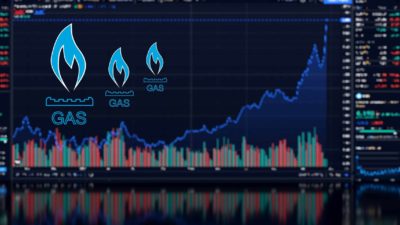Plenty of S&P/ASX 200 Index (ASX: XJO) shares have suffered a sizeable decline in the last week. While that's painful, not every business has dropped heavily. Some ASX defensive shares are weathering the tariff trade war storm.
Businesses with truly defensive characteristics may be able to deliver resilient earnings.
Considering investors (usually) value businesses based on how much profit they're expected to make, strong profit generation could mean less pain during a market sell-off.
As far as I'm concerned, that's the main reason why the two defensive ASX shares below have managed to outperform the ASX 200. Let's look at what's helping them.
Washington H. Soul Pattinson and Co. Ltd (ASX: SOL)
This business likes to regularly brag that it falls less than the overall market and we're seeing that again in this period.
Since 2 April 2025, the ASX 200 has dropped 7.5%, while the Soul Patts share price has only fallen by 3.5%.
In the company's recent FY25 half-year result, the business noted that over the prior 25 years of down months, the All Ordinaries Accumulation Index (ASX: XAOA) fell by an average of 3.3%, while Soul Patts shares only fell by an average of 0.9%.
There are a few ways the investment house has achieved its defensive portfolio and manages investment risk.
It has a diversified portfolio across largely uncorrelated asset classes, including telecommunications, resources, property, swimming schools, agriculture, financial services, healthcare, credit and more. It also says that its portfolio generates resilient cash flow.
As a bonus, the ASX defensive share has grown its annual dividend every year since 2000, including through the GFC, COVID-19 and the high inflation period.
Telstra Group Ltd (ASX: TLS)
Telstra is Australia's largest telecommunications business – its market capitalisation is not much smaller after the volatility. The Telstra share price is down just 0.2% since 2 April 2025.
The company has very defensive earnings – most businesses and households have an internet connection, and I don't think that's going to change because of a trade war.
Pleasingly, Telstra continues to win new customers every six months, adding to its operating leverage and bottom line. Because of the ongoing loyalty of subscribers, I think the company may be one of the least affected in the ASX 200 by the trade war.
The business is simultaneously working on reducing costs, becoming more efficient, and investing in its 5G network. In my view, there are many things going in the company's favour.
The ASX defensive share is also growing its dividend for investors – its latest two dividends have a grossed-up dividend yield of 6.1%, including franking credits.









